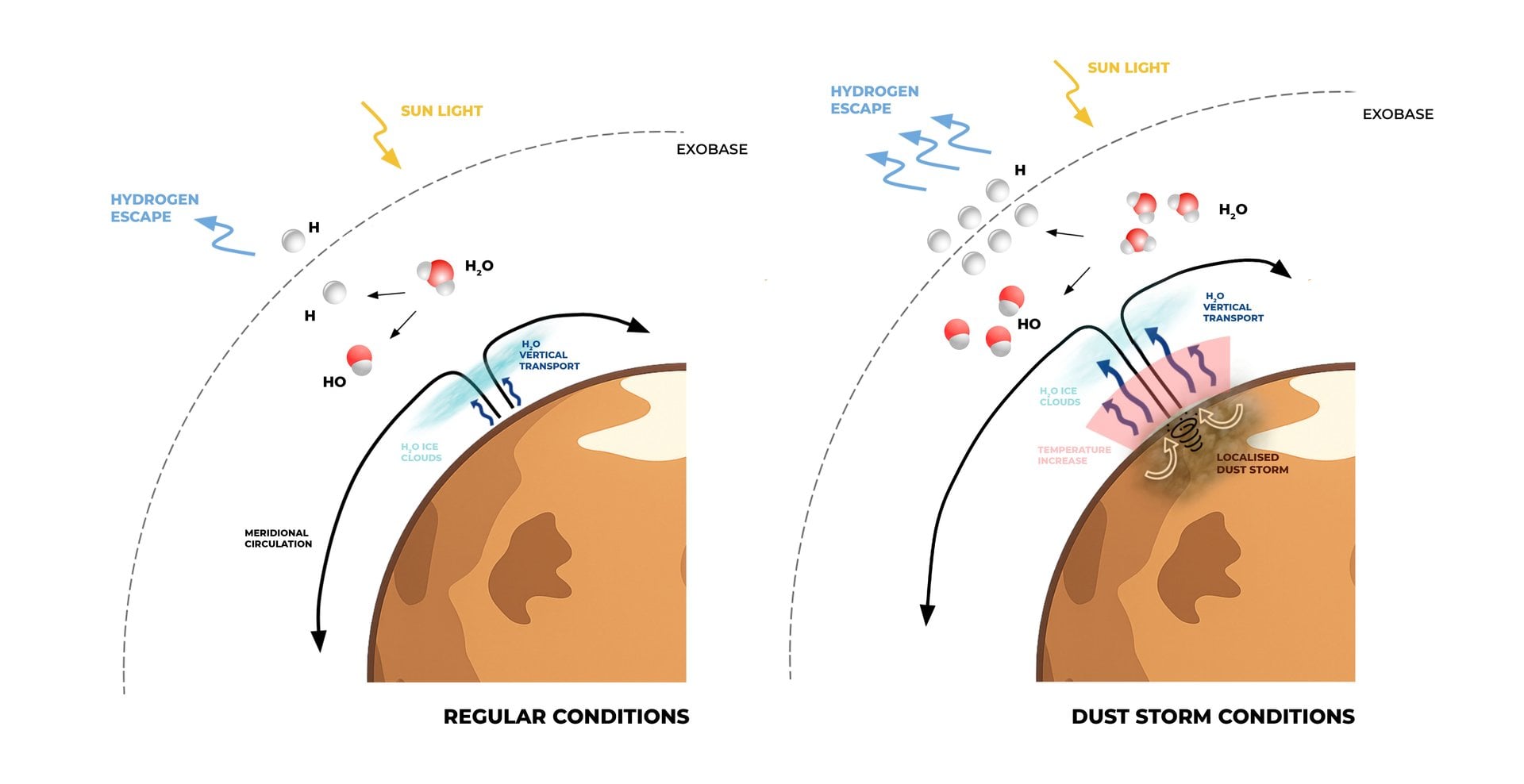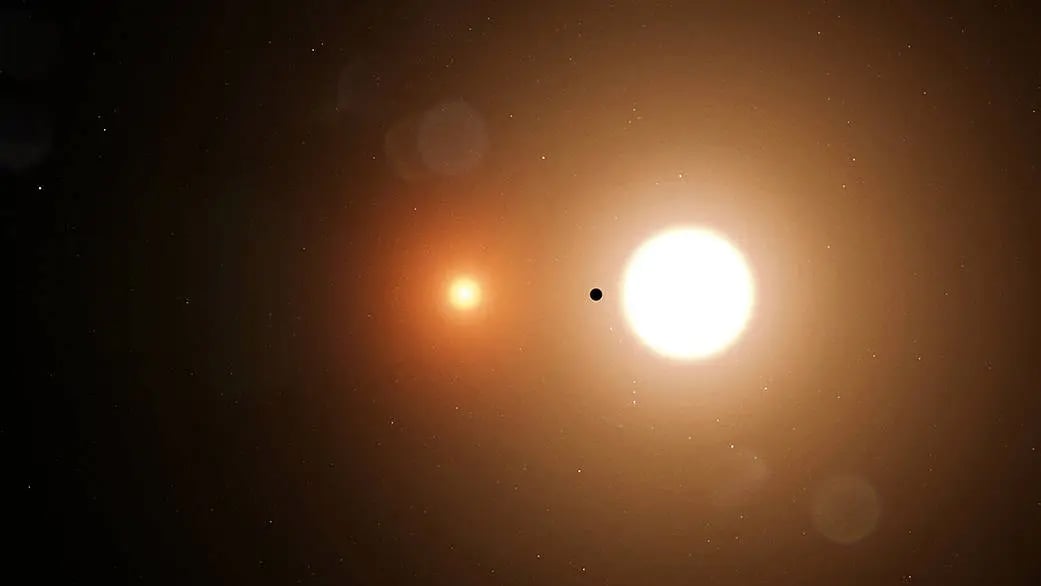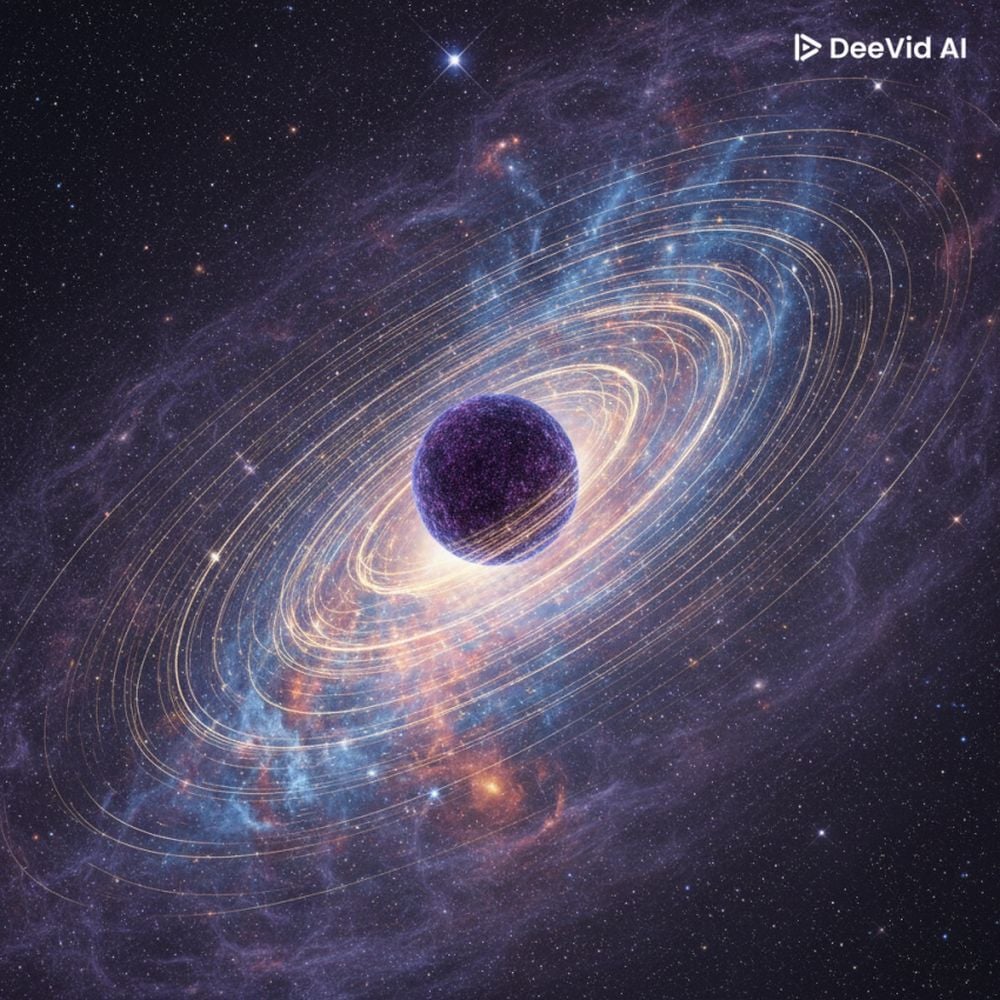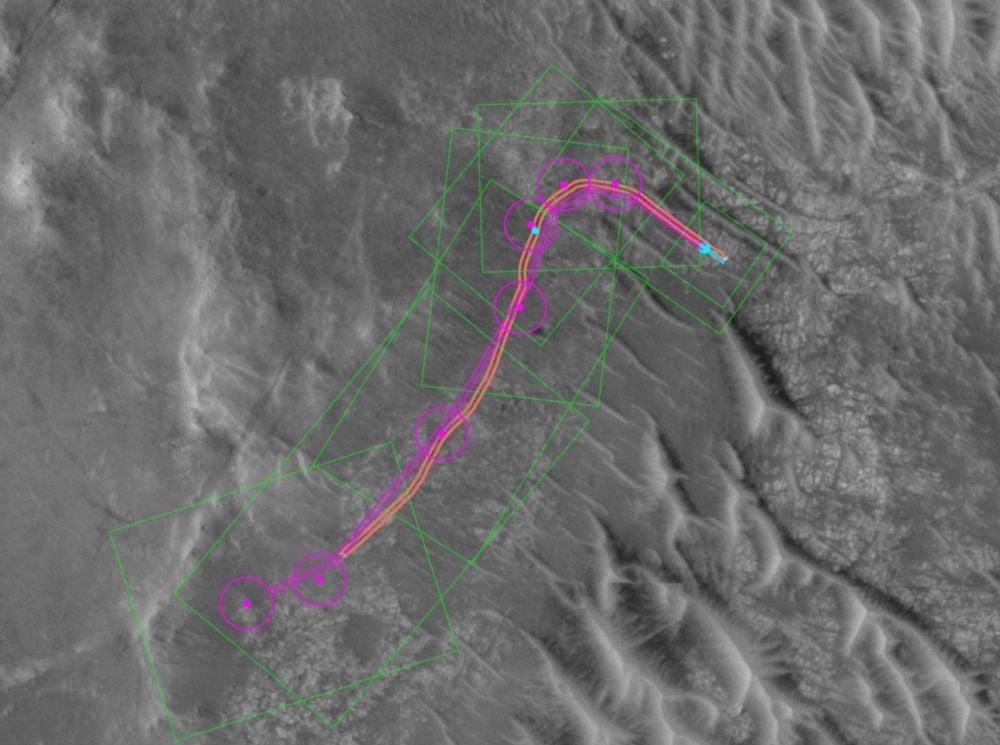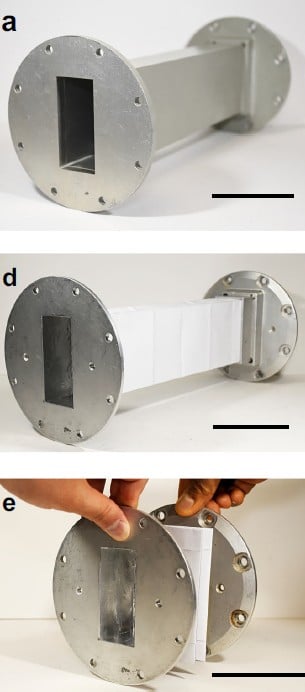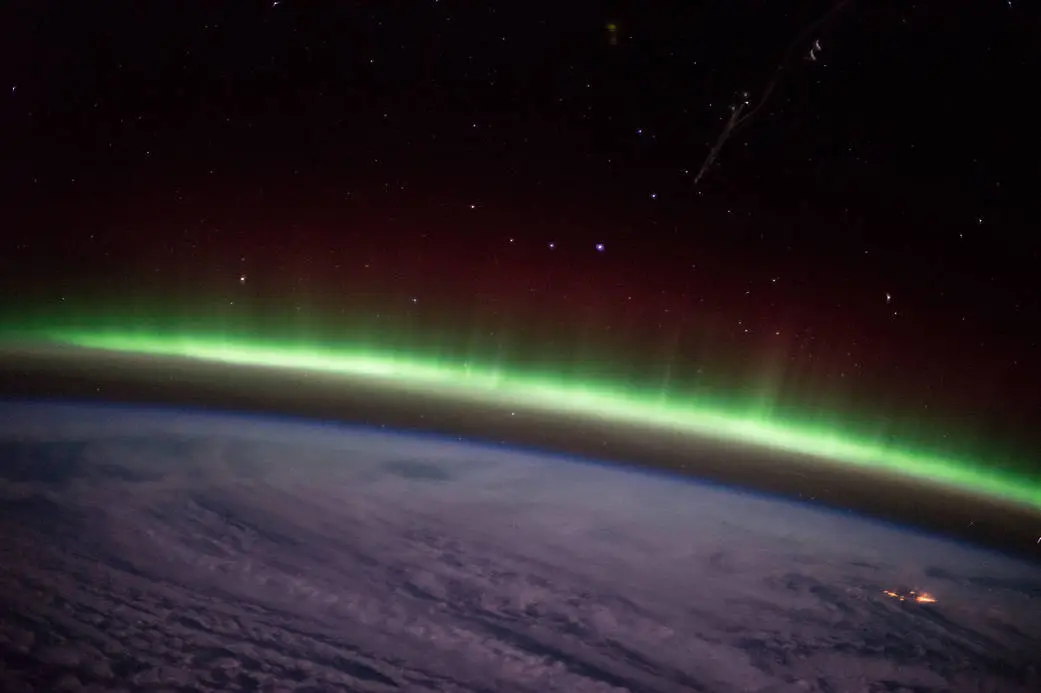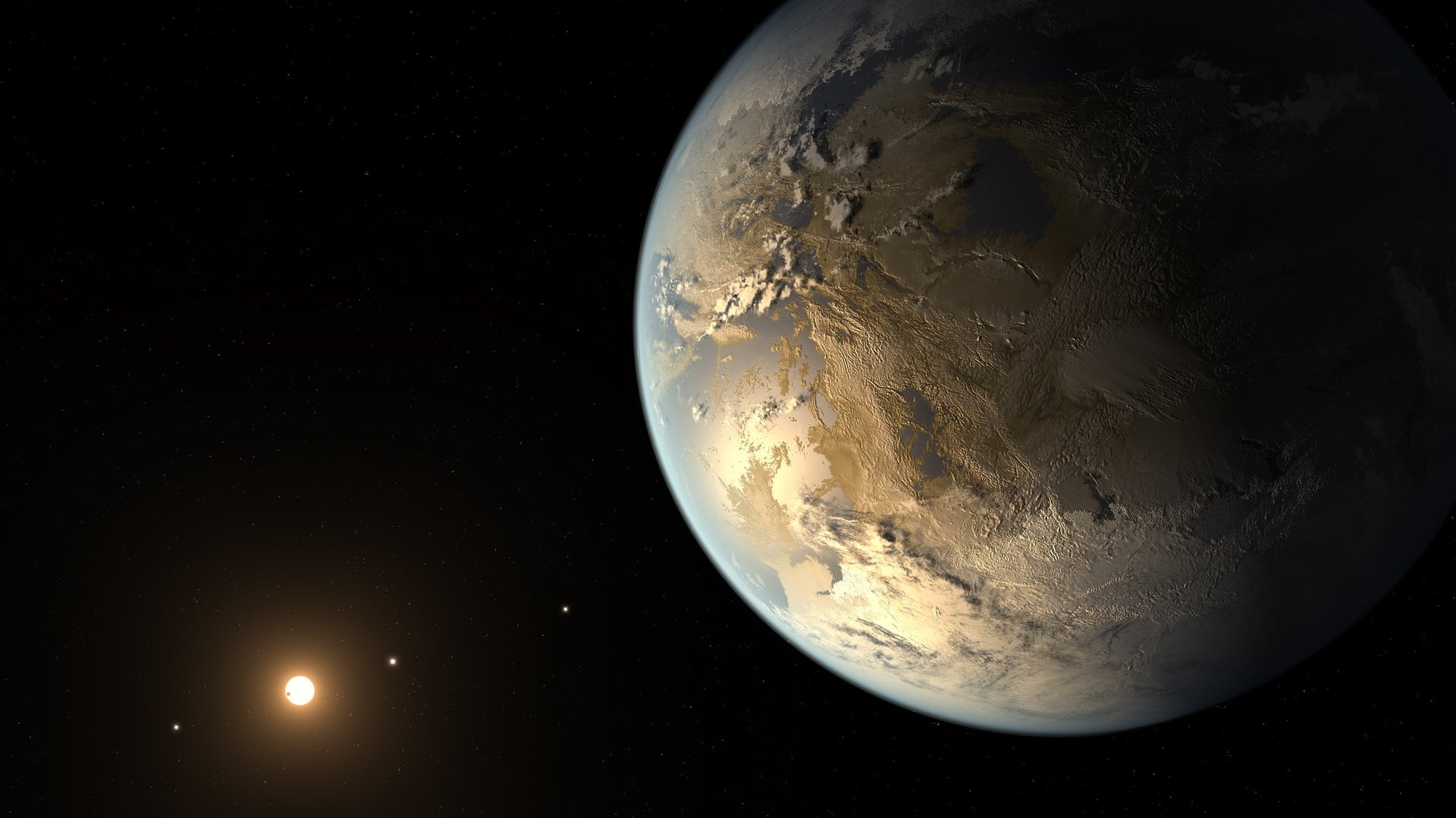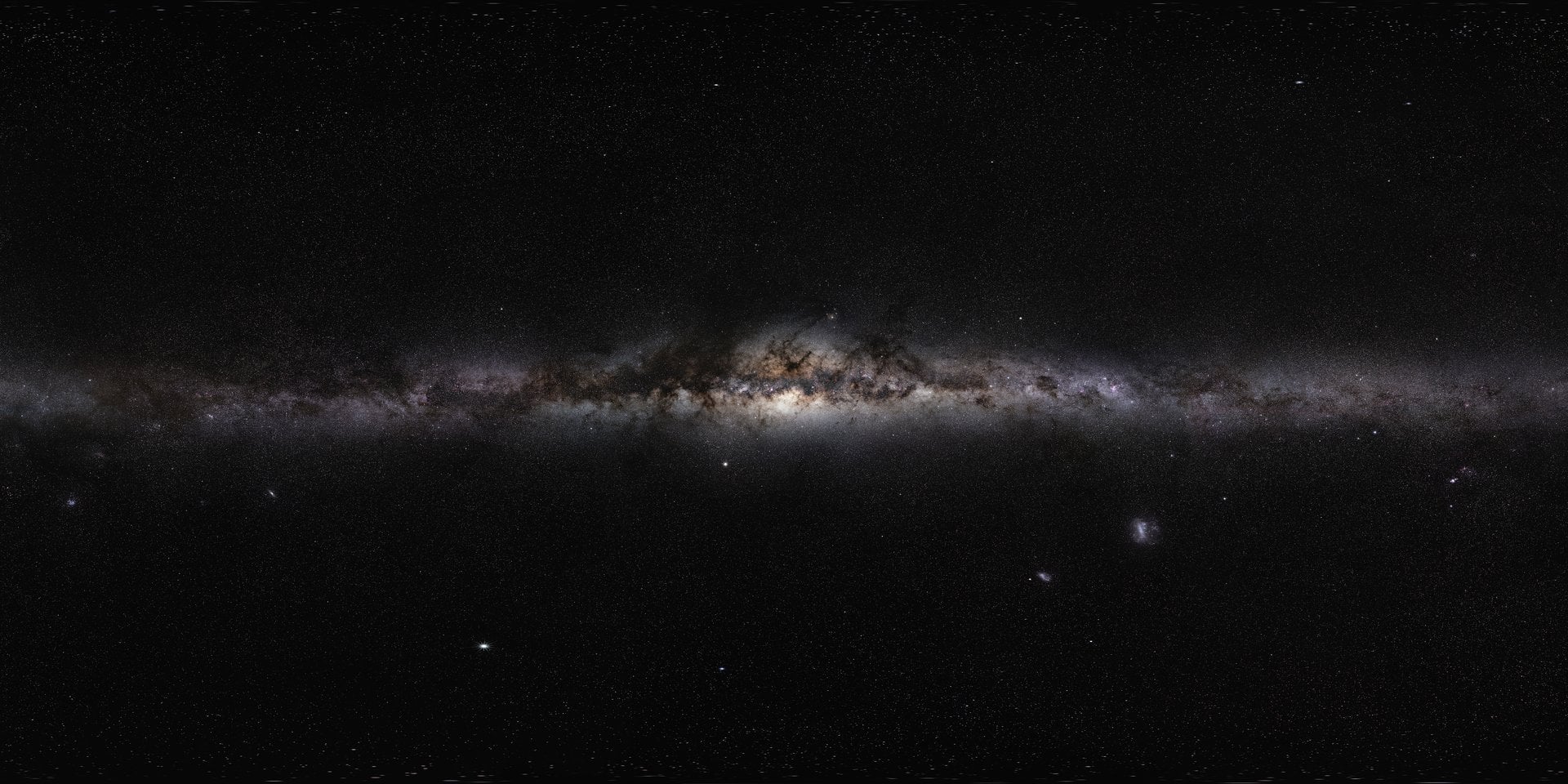Mars’ water disappeared somewhere, but scientists have been disagreeing for years about where exactly it went. Data from rovers like Perseverance and Curiosity, along with orbiting satellites such as the
Universe Today2- Page
Why are planets rarely found orbiting a pair of stars? UC Berkeley and American University of Beirut physicists find that general relativity makes the orbit of a tight binary pair
A Dense Clump Of Dark Matter, Not A Supermassive Black Hole, Could Reside In The Milky Way’s Center.
There’s been widespread agreement that a supermassive black hole resides in the Milky Way’s Center. But that may not be true. Researchers say that a dense clump of fermionic dark
NASA has taken another step towards greater autonomy for planetary exploration rovers. In December, the space agency used AI to generate waypoints for Perseverance’s route on two separate days. The
Origami and space exploration might not seem like they have much in common, but the traditional paper-folding technique solves one massive problem for space exploration missions – volume. Satellites and
A new study co-led by the Department of Earth and Planetary Sciences at The University of Hong Kong (HKU) and the Department of Atmospheric and Oceanic Sciences at the University
NASA’s SpaceX Crew-12 mission is preparing to launch for a long-duration science mission aboard the International Space Station. During the mission, select crew members will participate in human health studies
I always say that one of the things that separates real science from pseudoscience is that while in both you’re allowed to say whatever crazy idea pops into your mind,
Strange as it may seem, the prospects of finding advanced high-tech aliens somewhere in the cosmos will likely depend on finding exoplanets that like our own earth harbor large amounts
An international team of researchers have published two papers that reveal a new model for how the magnetic field of the Milky Way evolved.
-
 01Two Black Holes Observed Circling Each Other for the First Time
01Two Black Holes Observed Circling Each Other for the First Time -
 02From Polymerization-Enabled Folding and Assembly to Chemical Evolution: Key Processes for Emergence of Functional Polymers in the Origin of Life
02From Polymerization-Enabled Folding and Assembly to Chemical Evolution: Key Processes for Emergence of Functional Polymers in the Origin of Life -
 03Φsat-2 begins science phase for AI Earth images
03Φsat-2 begins science phase for AI Earth images -
 04Hurricane forecasters are losing 3 key satellites ahead of peak storm season − a meteorologist explains why it matters
04Hurricane forecasters are losing 3 key satellites ahead of peak storm season − a meteorologist explains why it matters -
 05Thermodynamic Constraints On The Citric Acid Cycle And Related Reactions In Ocean World Interiors
05Thermodynamic Constraints On The Citric Acid Cycle And Related Reactions In Ocean World Interiors -
 06Binary star systems are complex astronomical objects − a new AI approach could pin down their properties quickly
06Binary star systems are complex astronomical objects − a new AI approach could pin down their properties quickly -
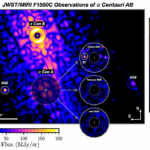 07Worlds Next Door: A Candidate Giant Planet Imaged in the Habitable Zone of α Cen A. I. Observations, Orbital and Physical Properties, and Exozodi Upper Limits
07Worlds Next Door: A Candidate Giant Planet Imaged in the Habitable Zone of α Cen A. I. Observations, Orbital and Physical Properties, and Exozodi Upper Limits


